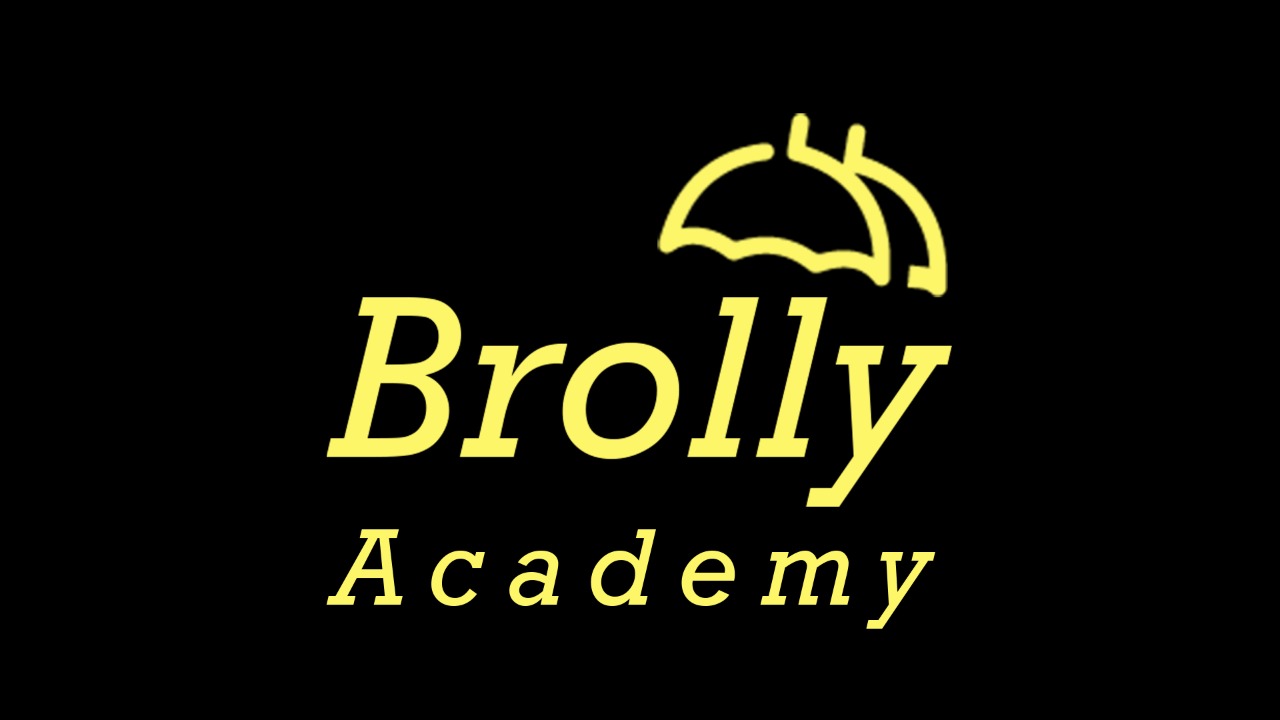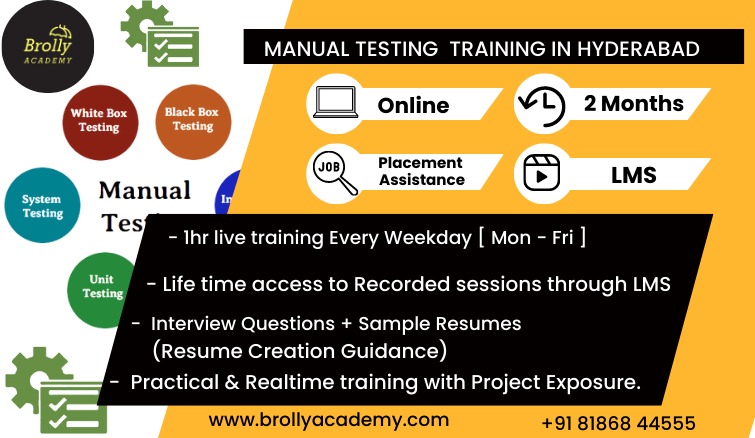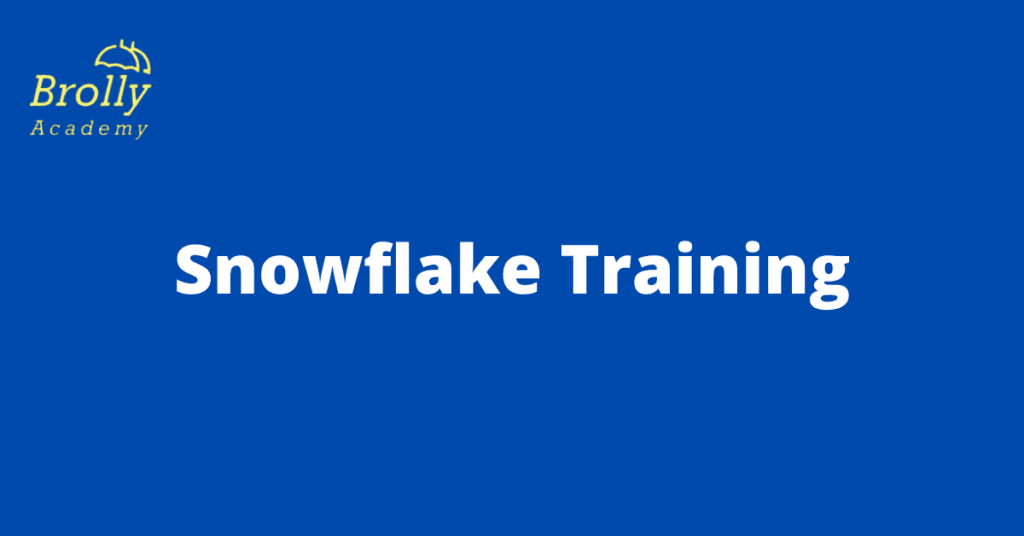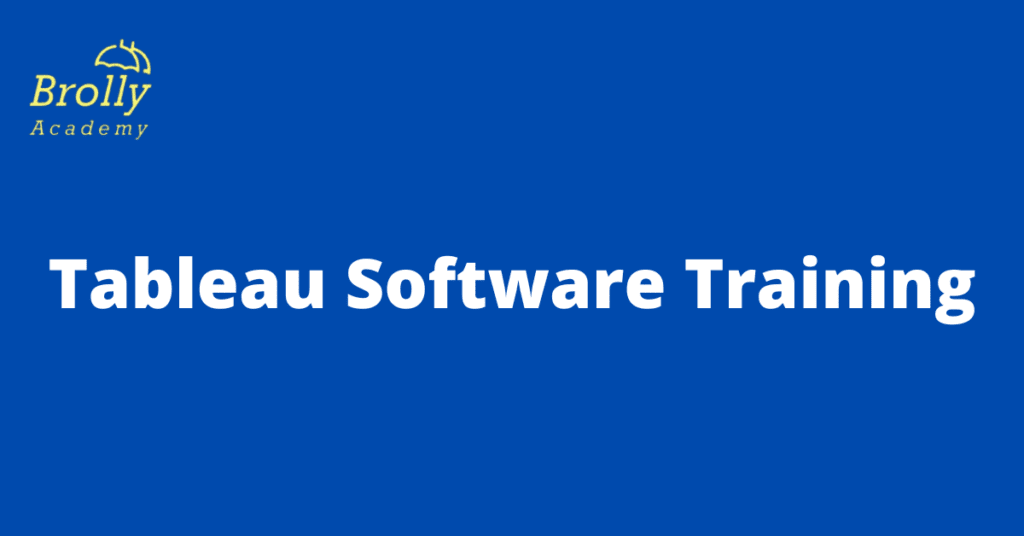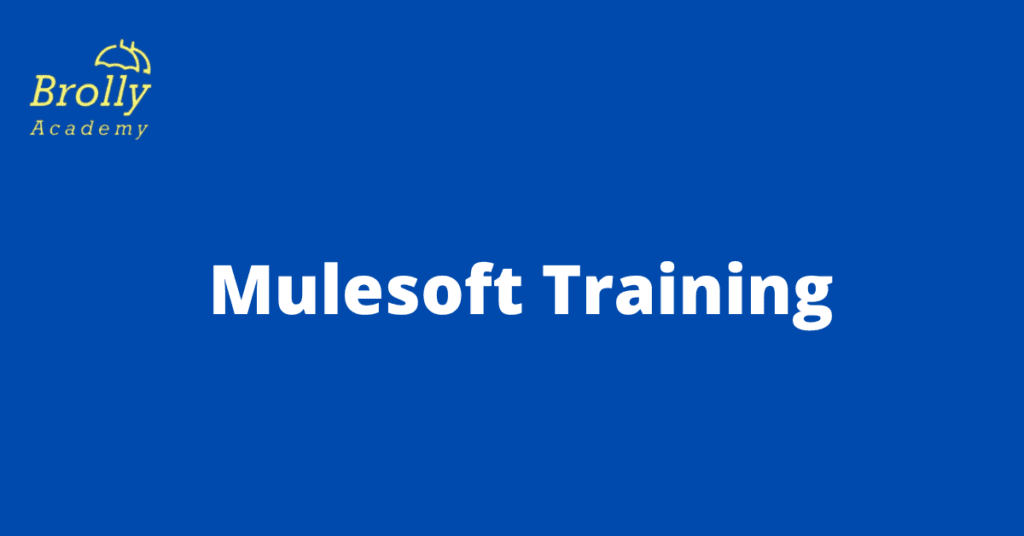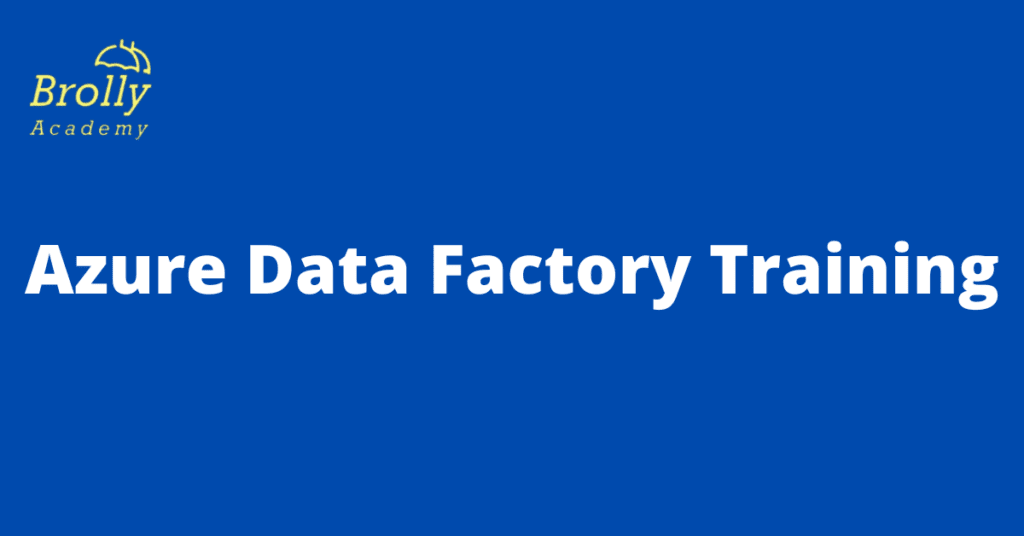Table of Contents
ToggleManual Testing Course in Hyderabad
Batch Details
| Trainer Name | Mr. N. Venkatest Kumar |
| Trainer Experience | 15+ Years |
| Next Batch Date | 04-03-2024 |
| Training Modes: | Online Training (Instructor Led) |
| Course Duration: | 60 Days |
| Call us at: | +91 8186844555 |
| Email Us at: | brollyacademy@gmail.com |
| Demo Class Details: | ENROLL FOR FREE DEMO CLASS |
Manual Testing Course in Hyderabad
Course Contents
- Waterfall Model
- Spiral Model
- Prototype Model
- V & V Model
- Hybrid Model
1. White Box Testing
o Path Testing
o Loop Testing
o Condition Testing
o White box Testing from Memory Point of View
o White box Testing from Performance Point of View
2. Grey Box Testing
• Functionality Testing/Component Testing
• Integration Testing
• System Testing
o Build
o Release
o Patch
o Test Cycle
o Continues Integration
o Incident Management
o Software Architecture and Testing
o Web Application
o Client Server Application
o Stand Alone Application
• Acceptance Testing
o Alpha Testing
o Beta Testing
• Smoke Testing/Sanity Testing/Dry Run
• Adhoc Testing
• Exploratory Testing
• Compatibility Testing
• Performance Testing
o Load Testing
o Stress Testing
o Volume Testing
o Soak Testing
• Reliability Testing
• Usability Testing
• Accessibility Testing
• Globalization Testing
o Internationalization testing
o Localization testing
• Regression Testing
• Introduction to Test Case
• Test Case Design Techniques
o Specification Based
o Experienced Based
• Test Case Format
• Functional Test Case
• Integration Test Case
• System Test Case
• Procedure to Write and Execute Test Case
• Test case Review Process
• Traceability Matrix
• Test Execution Reports
• QC
• ALM
• Jira
- Sections of Test Plan
- Test Metrices
• Introduction to Defects
• Defect Life Cycle
• Status of Defects
• Severity of a defect
• Priority of a defect
• Defect Report/Incident Report
• Defect Tracking Tool:
o JIRA
o MANTIS
o QC
- Web Application
- Mobile Application
- Compatibility
• MSDLC
• types of Mobile Applications
o Native Application
o Hybrid Application
o Progressive Application
o React Native Application
• Mobile Emulators/Simulator
• Introduction to ADB Commands
Manual Testing course in Hyderabad
Key Points
01
Interactive, informational, and career-building activities from experts in the industry.
02
Full understanding of the various manual testing methods, and their importance with real-time use cases and scenarios.
03
Brolly Academy has trained 900+ students and placed 600+ of them successfully in the last 4 previous batches.
04
Training is provided at Brolly Academy through self-paced videos, and in-person, and online instructor-led classes.
05
Our knowledgeable instructors will assist the students in understanding each step of manual testing, from the basics to the advanced level.
06
After course completion, we offer an industry-recognized Certification.
07
Get tips from our Career Mentoring Experts on how to prepare for interviews and get the best job opportunities at the top companies.
08
We provide a well-structured course to focus on problems from the actual world.
09
Our manual testing Demo sessions are available for free for three days.
10
We provide manual testing training for reasonably priced fees with flexible payment options
What is Manual Testing?

Manual testing is the process where testing of a web application is done manually by performing the quality analysis and much more, by human action without any support from tools or scripts.

It is one of the classical methods used to find and remove bugs in the software which is still under development.

Manual testing evolves spending a significantly smaller amount upfront but, ROI is comparatively low.

Manual testing required investing in human resources (having more people understand the software and then go on to do the testing).

Manual testing is one of those legacy systems which are still needed across the spectrum of cases / across a wide variety of companies in the world of information technology.

Manual testing forms a very vital part when we talk about software development life cycle.

It allows exploratory testing and random testing methodologies to be implemented.

It is working fine with change in a comparatively simple and quicker way when compared with automated testing.

Manual testing is suitable for Ad Hoc Testing, Exploratory Testing, and cases where there are frequent changes.

There are various types of Manual Testing available, which are Black box testing, White box testing, Conventional testing and Software testing.
What is it used for?
- Manual testing is used to identify bugs or defects, ensure the product is error-free and check it confirms specified functional requirements
- It uses human testers to check the quality of a new application without using automation tools or scripting.
- In-short (Manual Testing)
- Where can we use manual testing? –
- When flexibility is required (Live Testing/Manual Testing by Tester – Most Bugs are caught by Manual Tester)
- When short-term projects are active (Adaptability to change)
- When usability is being tested (Helps to Identify UI & UX related issues)
Who Should Learn?
- Quality assurance engineers
- Quality assurance Technicians
- Testers
- Software developers
- Engineers
- Data analysts
- Managers, and Analysts
- Any graduate can take up Manual testing course
- People interested in pursuing a career in Testing
About
Manual Testing course in Hyderabad
The Best Manual Testing Course in Hyderabad is offered by Brolly Academy. Manual testing is a simple skill to pick up.
The procedure for fixing flaws without using automated technologies includes various types of manual testing, software testing, online testing, and application testing.
The manual testing course is ideal for both new and seasoned professionals who want to improve their manual testing abilities.
Our manual testing course module provides basic to advanced manual testing instruction for the SDLC, STLC, and SDLC vs STLC life cycles.

Learn from experts in the field as they explain Manual Testing concepts in real-time practical knowledge with a live, hands-on case study.
Trainers lead students through various databases and have a combined experience of more than 8 years working on manual testing projects.
They are also certified Manual testing industry professionals with a solid understanding of Manual Testing courses, Theory, and Practical.
As part of our course, you will study some concepts like the following:
- Unit testing
- System testing
- white-box testing
- black-box testing
- User acceptance testing
- Adhoc testing
- Integration testing
Our Best Software Testing Training offers 100% placement support, and both classroom and online manual testing training.
Register right away for software testing in the expanding industry trends that offer great prospects in global IT projects.
Modes
Manual Testing Course In Hyderabad
We are Hyderabad’s Best Manual Testing Training Institute and offer 100% Placement Support. Interested candidates can enroll in our manual testing online or traditional classroom. Additionally, we also have a self-paced video course. At Brolly Academy, you can learn everything there is to know about manual testing.
Classroom Training
- Certifications
- One-One Mentors
- Live project included
- One year batch access Validity
- 100% Placement assistance
- Job Guarantee
Online Training
- Certifications
- Daily recorded videos
- One Year Batch Access Validity
- Lifetime whatsapp group
- 100% Placement assistance
- Interview Guidance
Video Course
- Certifications
- Daily recorded videos
- Live project included
- One year batch access Validity
- 100% Placement assistance
- Job Guarantee
Why choose
Manual Testing Course In Hyderabad
Professional Trainers
All of the trainers at the institute who work for the Brolly Academy have more than eight years of experience working directly with the industry. They can provide our trainees with the greatest technology because they are skilled in manual testing, automation testing, Selenium Webdriver, performance testing, UFT, and API Level Testing.
Hands-on Experience
Our course provides hands-on experience with industry-specific tools and techniques to prepare you for the job.
Course Curriculum
The curriculum for this manual testing course was created by subject-matter specialists within the industry. You will learn how to carry out several forms of software testing, including unit testing, user acceptability testing, regression testing, security testing, and more with this manual testing training.
Real-world manual testing projects
Our manual testing training program strives to provide high-quality instruction that focuses on practical application while covering fundamental knowledge of key concepts. Students’ abilities will be enhanced and they will be able to complete real-world projects using the best practices given to exposure to use cases and scenarios from the present industry.
Job Placement Assistance
Our team of professional career coaches will work with you to make sure you are properly equipped for manual testing jobs with the necessary skills and interview capabilities. We assist our students with job placements.
Manual testing certification
After the students have finished the theoretical and practical sessions, we give them the course completion certificate. It improves the worth of your CV, and you can get top jobs in top companies with the help of this certificate. Only after successfully completing our training and practice-based projects will the certification be granted.
Testimonials
Manual Testing Training In Hyderabad
Manual Testing Certification
Certification
- ISTQB® Is the global leading certification scheme in the field of software testing.
- As of Dec 2021, ISTQB has administered over 1.1 million exams and issued more than 806k certifications in over 130 countries.
- ASTQB is the country board for ISTQB Software tester certification in the U.S.
- ISTQB® is the international software testing qualifications board that is composed of representatives from each national board such as the ASTQB.
- The ISTQB decides on the global standards for certification. The result is that you are able to earn a truly global software tester certification, but do so via a country board that understands the language and logistics needs of your country.
- ISTQB In India is administered by the Indian Testing Board (ITB). ITB is an approved national board and is responsible for the ISTQB certification exam in India.
- ITB has conducted exams since 2004 and till now over 60,000 certified testers have taken the exam under the Indian testing board.
- The official website for the Indian Testing Board is – WWW.isiqb.in
NOTE – If you work for an American company, or might someday, regardless of whether you are located in the U.S., you should get your ISTQB certification only from ASTQB. American companies check with ASTQB to know if you are an ISTQB certified tester.
What are they?
- Foundation Level
- Foundation Level Certified Tester
- Advanced Level
Certified Tester Advanced Level Test Manager
- Certified Tester Advanced Level Test Analyst
- Certified Tester Advanced Level Technical Test Analyst
- Expert Level (Improving the test process)
Certified Tester Expert Level Implementing Test Process Improvement
- Certified Tester Expert Level Assessing Test Processes
(Test Management)
- Certified Tester Expert Level Test Management Strategic Test Management
- Certified Tester Expert Level Test Management Operational Test Management
- Certified Tester Expert Level Test Management Managing the Test Team
- Agile Tester
- Foundation Level
Certified Tester Foundation Level Agile Tester (CTFL-AT)
- Advanced Level
- Certified Tester Advanced Level Agile Test Leadership at Scale (MVP) (CTAL-ATLaS)
- Certified Tester Advanced Level Agile Technical Tester (CTAL-ATT)
The process to clear the certifications –
- To clear the certification exam you must thoroughly have technical knowledge in the concepts along with the practical application of the theory.
- After studying the syllabus, take the practice exams. This will prepare you for the general format of our exams, so you will know what to expect.
- Once you feel prepared for your exam, go ahead and schedule your exam date.
- For detailed info about the certification refer to this website –
- https://www.istqb.org/#certifications-diagram
Exam Structure
Foundation Level Certified Tester (CTFL)
- The ISTQB Foundation Level Certified Tester (CTFL) exam consists of 40 questions and each question is worth one point.
- This means you need to get at least 26 questions right ( Passing Score: 26) to pass the ISTQB Foundation Level exam.
- The Exam duration – 60 mins
Note – Holders of this certification will be eligible to proceed to the next stage of the Core stream and take Test Analyst, Technical Test Analyst, or Test Management Advanced Level certifications. They may also choose to follow the Agile or Specialist streams to develop specific skills.
Certified Tester Advanced Level Test Manager (CTAL-TM)
- The Advanced Level Test Manager certification is aimed at people who have already achieved an advanced point in their careers in software testing and wish to develop further their expertise in test management.
- To gain this certification, candidates must hold the Certified Tester Foundation Level certificate (CTFL) and have sufficient practical experience.
- The Certified Tester Advanced Level Test Manager (CTAL-TM) exam consists of 65 questions and a total of 115 points.
- Passing Score: 76 to pass the exam.
- The Exam duration – 180 mins.
Note – Holders of this certification may choose to proceed to other Core, Agile, or Specialist stream certifications.
Certified Tester Advanced Level Test Analyst (CTAL-TA)
- The Certified Tester Advanced Level Test Analyst (CTAL-TA) exam consists of 40 questions and a total points of 80.
- Passing Score: 52 to pass the exam.
- The Exam duration – 120 mins.
Certified Tester Advanced Level Technical Test Analyst (CTAL-TTA)
- The Certified Tester Advanced Level Technical Test Analyst (CTAL-TTA) exam consists of 45 questions and a total points of 78.
- Passing Score: 51 to pass the exam.
- The Exam duration – 120 mins.
- Certified Tester Expert Level Implementing Test Process Improvement (CTEL-ITP-ITPI)
- The Expert Level certification is aimed at those who have already achieved an advanced point in their careers in software testing and wish to develop further their expertise in a specific area.
- To obtain Expert Level certification, candidates must have: –
- The Certified Tester Foundation Level (CTFL) certificate
- The Advanced Level Test Manager (CTAL-TM) certificate
- at least 5 years of practical testing experience.
- at least 2 years of industry experience in the specific Expert Level topic.
Certified Tester Foundation Level Agile Tester (CTFL-AT)
- The Foundation Level Agile Tester certification is designed for professionals who are working within Agile environments.
- It is also for professionals who are planning to start implementing Agile methods shortly or are working within organizations that plan to do so.
- To gain this certification, candidates must hold the Certified Tester Foundation Level certificate.
- The Certified Tester Foundation Level Agile Tester (CTFL-AT) exam consists of 40 questions and a total points of 40.
- Passing Score: 26 to pass the exam.
- The Exam duration – 60 mins.
Note – Holders of this certification will be eligible to proceed to the next stage of the Agile stream and take the Agile Technical Tester (CTAL-ATT) and Agile Test Leadership at Scale (CTAL-ATLaS) certifications.
- Certified Tester Advanced Level Agile Test Leadership at Scale (MVP) (CTAL-ATLaS)
- The Certified Tester Advanced Level Agile Test Leadership at Scale (MVP) (CTAL-ATLaS) exam consists of 15 questions and a total points of 25.
- Passing Score: 17 to pass the exam.
- The Exam duration – 45 mins.
- Certified Tester Advanced Level Agile Technical Tester (CTAL-ATT)
- The Certified Tester Advanced Level Agile Technical Tester (CTAL-ATT) exam consists of 40 questions and a total points of 64.
- Passing Score: 42 to pass the exam.
- The Exam duration – 90 mins.
Certification Fee –
ISTQB Exam Fees in India according to (ITB) – 2022
(Official website for the Indian Testing Board) – WWW.isiqb.in
- All Foundation level (1st Attempt) – 5300 + GST
- All Foundation level (2nd Attempt) – 3500 +GST
- All Advanced level (1st Attempt) – 5300 + GST
- All Advanced level (2nd Attempt) – 4000 + GST
- Foundation Level Certified Tester (CTFL)
- Certified Tester Advanced Level Test Manager (CTAL-TM)
- Certified Tester Advanced Level Test Analyst (CTAL-TA)
- Certified Tester Advanced Level Technical Test Analyst (CTAL-TTA)
- Certified Tester Expert Level Implementing Test Process Improvement (CTEL-ITP-ITPI)
- Certified Tester Expert Level Assessing Test Processes (CTEL-ITP-ATP)
- Certified Tester Expert Level Test Management Strategic Test Management (CTEL-TM-SM)
- Certified Tester Expert Level Test Management Operational Test Management (CTEL-TM-OTM)
- Certified Tester Expert Level Test Management Managing the Test Team (CTEL-TM-MTT)
- Certified Tester Foundation Level Agile Tester (CTFL-AT)
- Certified Tester Advanced Level Agile Test Leadership at Scale (MVP) (CTAL-ATLaS)
- Certified Tester Advanced Level Agile Technical Tester (CTAL-ATT)
Certification Code –
- Foundation Level Certified Tester (CTFL)
- Certified Tester Advanced Level Test Manager (CTAL-TM)
- Certified Tester Advanced Level Test Analyst (CTAL-TA)
- Certified Tester Advanced Level Technical Test Analyst (CTAL-TTA)
- Certified Tester Expert Level Implementing Test Process Improvement (CTEL-ITP-ITPI)
- Certified Tester Expert Level Assessing Test Processes (CTEL-ITP-ATP)
- Certified Tester Expert Level Test Management Strategic Test Management (CTEL-TM-SM)
- Certified Tester Expert Level Test Management Operational Test Management (CTEL-TM-OTM)
- Certified Tester Expert Level Test Management Managing the Test Team (CTEL-TM-MTT)
- Certified Tester Foundation Level Agile Tester (CTFL-AT)
- Certified Tester Advanced Level Agile Test Leadership at Scale (MVP) (CTAL-ATLaS)
- Certified Tester Advanced Level Agile Technical Tester (CTAL-ATT)
Benefits of Manual testing
Find errors using human intelligence:
When identifying software errors, manual testing enables testers to make use of their higher cognitive talents, such as logical reasoning and common sense.
This aids in the discovery of faults that computerized exams could miss.
That is also the fundamental reason why manual inspection of the tests created by automated testing technologies will never be sufficient.
Tester familiarity with the project:
By taking more time to become familiar with a product’s features and functionalities during manual testing, testers are able to keep track of the quality of a product as it goes through the development process.
This keeps them knowledgeable about the project, which will be helpful if problems develop after code modifications have been implemented.
This is one of the reasons we always advise testing a scenario manually before thinking about automating it.
Accurately simulates the user experience
Testers have the ability to apply their skills to simulate the user experience while using manual testing. On the other hand, automated tests run the danger of being unable to replicate various user experiences brought on by a variety of factors under real-world conditions.
This keeps the system testable:
Manual testing can assist testers in utilizing their knowledge to find issues that could render an application untestable.
Skills developed Post manual testing training in Hyderabad
- You will learn the SDLC and STLC processes well
- Knowledge of how to create test plans, test cases, and test scenarios
- Learn to perform static, dynamic, functional, and non-functional testing
- Gain a good knowledge of the Bug life cycle
- Good understanding of how to prepare bug template
- Good knowledge of Integration, System testing
- Understanding the principles of testing
- Understanding the software testing roles and responsibilities
- Understanding the software development life cycle and its various models, including the Waterfall, Prototype, Agile, V model, and Spiral models.

You will learn the SDLC and STLC processes well

Knowledge of how to create test plans, test cases, and test scenarios

Learn to perform static, dynamic, functional, and non-functional testing

Gain a good knowledge of the Bug life cycle

Good understanding of how to prepare bug template

Good knowledge of Integration, System testing

Understanding the principles of testing

Understanding the software development life cycle and its various models, including the Waterfall, Prototype, Agile, V model, and Spiral models.

Understanding the software testing roles and responsibilities
Pre-requisites
Prerequisites For Manual Testing In Hyderabad
- There is no prerequisite to become a test engineer. People from all backgrounds can use manual testing.
- Basic fundamental understanding of how computers work and experience using simple applications.
- Candidates with good Analyzing skills and understanding skill will be add advantages.
- System Requirements
- Windows XP/Professionals or higher version OS
- Min 2GB RAM
- Min 160 GB hard disk space
- MS office and any browser
There is no prerequisite to become a test engineer. People from all backgrounds can use manual testing.
Basic fundamental understanding of how computers work and experience using simple applications.
Candidates with good Analyzing skills and understanding skill will be add advantages.
System Requirements
Windows XP/Professionals or higher version OS
Min 2GB RAM
Min 160 GB hard disk space
MS office and any browser

Career opportunities in manual testing
Software testing have a substantial potential for expansion in the industry. Therefore, a job as a manual tester will prove to be very successful. The need for skilled, experienced manual testers is always growing in the industry.
Since software testing is done across the whole product life cycle, including the planning, coding, and user approval phases, it is a need. In all reputed companies, software testers and developers receive the same compensation.
So enrolling in a manual testing coaching program may help you start along the path to a successful career.
Some of the most well-known manual testing job roles:
Approximate Payscale
- According to glassdoor - The average salary of a Manual tester in India is 4.07 lakhs per annum.
- Manual Tester salary in Hyderabad/Secunderabad ranges between ₹ 2.0 Lakhs to ₹ 6.0 Lakhs with an average annual salary of ₹ 4.0 Lakhs.
- The salaries of Qa Manual Testers in the US range from $60,000 to $72,800, with a median salary of $62,525 .
- The middle 67% of Qa Manual Testers makes $62,525, with the top 67% making $72,800.
Market Trend in Manual Testing
01.
The testing of software takes several steps. The changing technological landscape is constantly innovative and advanced from AI to ML. In addition, the market for software testing is growing quickly.
02.
The Software Testing Market size valued at USD 40 billion in 2021. It is expected to grow at a CAGR of over 6% from 2020 to 2030.
03.
The North America software testing market crossed USD 19 billion in 2021.
04.
Many companies prefer manual testers due to ROI(return on investment) compared to automation.
05.
Manual testers make up a huge number of employees in testing fields.
06.
100% automation testing is not possible.
07.
Manual testers are highly required for every project of an organization.
Conclusion
You must now be aware of the necessity of manual/human testing for the delivery of high-quality products.
The first step in becoming a top-notch manual tester is to recognize the value of QA Manual Testing and understand what makes it unique.
